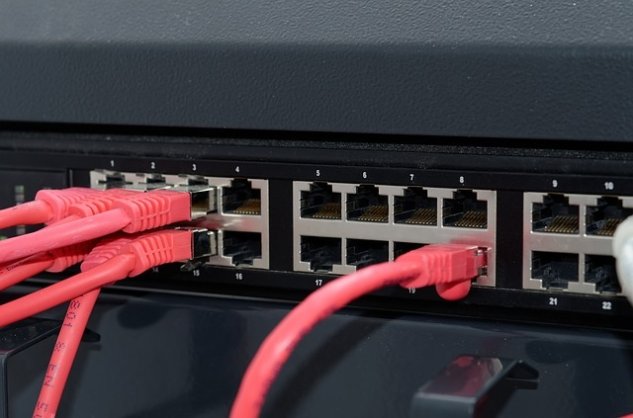When it comes to different kinds of proxies what is the thing that makes them different from one another? Each proxy kind has its good and bad sides, but the good thing with proxies is that users have a great pool of concepts from which they can make choices for themselves and their business. Based on the IP addresses criteria there are a few proxy types that we will cover in this article.
ISP proxies are hosted on data center servers but have an IP address that is registered and given to the user by their Internet Service Provider (ISP). ISP proxies are also recognized as real IP addresses, so you can freely explore the web and scrape data without any concern that you will be flagged and banned, because ISP proxies are way harder to be detected, unlike datacenter proxies. One other good side of these proxies is that due to them being hosted on data centers there is never an issue with performance level – they are always stable and high.

Some of the best ISP proxies are for example NetNut, Bright Data, OxyLabs, etc.
Datacenter proxies are one of the most known and used proxies. We can find three different kinds of these proxies: private, public, and shared datacenter proxies. At their core, they represent shared servers that you can connect to. Datacenter proxies IP addresses are owned by organizations such as web hosting companies, universities, etc., and aren’t affiliated with any ISPs.
The main characteristic is that you will share IP addresses with other users who are connected to that particular server. The main pros of this kind of proxy are that they are speedy and affordable. Also, these proxies don’t have anything to do with your internet connection or Internet Service Provider (ISP) as these are completely independent. This makes it way easier for a user to hide his IP address and stay anonymous.
On the other hand, they are not the most reliable and agile solution when it comes to proxy usage. You may ask why? Those kinds of proxies are prone to be blocked by websites because of their suspicious behavior. Since a lot of people are using a single IP address and you can never control what others are searching for or doing, the possibility of misuse is big.
Some examples of datacenter proxies that are out there are Smartproxy, Shifter, and Bright Data.
We will point main differences between these concepts:
- ISP proxies are more reliable – some websites can detect you are using a proxy connection and it may happen that your datacenter connection gets blocked
- Best ISP proxies usually offer more advanced options such as rotation on IPs (if needed), support of HTTP protocol, a bigger range of locations you can connect from, etc
- ISP proxies don’t have to rotate so they are very useful for tasks that require your identity and IP to stay the same
- Some ISP proxies can have browser information, preferred location, and cookies of their own which is not desirable when we talk about anonymity.
- Due to their reliability ISP proxies are used for a wider variety of use cases
- Datacenter IPs are more affordable
- Datacenter IPs are often easier and faster to acquire than ISP IPs
- Datacenter proxies are a little bit faster – but that doesn’t have to be the main characteristic of your proxy for some use cases
- As the proxy providers have data centers located in various parts of the world, you can use it to view your site from different countries and assess its performance.
When it comes to usage, ISP proxies can be used for many tasks. In the first place, there is web scraping. They give users the possibility to make faster market and competitor research and to optimize their strategy. Next is social media management. As we said earlier – creating and managing social media accounts is easy and convenient with ISP proxies. In the end, one of the use cases for ISP proxies is sneaker scraping. Sneaker websites are regulated heavily, and sites like Nike quickly block suspicious users to protect their website, content, design, and other information from thefts. Best ISP proxies are providing reliable and accurate speed and efficiency so you can go undetected even on these kinds of platforms. Other areas that you can use ISP proxies in are price monitoring, academic research, SEO, protection of your data and security maintenance, or even investing and software testing.
Datacenter proxies on the other hand might not be suitable for every task from the above list. Web scraping is possible with them, but they are not as reliable as ISP proxies. Also, their speed can make them easier to track and prone to bans when they are used for sneaker scraping, for example. But they can give you other perks like complete anonymity when browsing. Whether you need to access some content you essentially don’t want anyone to know you accessed or just want to protect your identity from misuse – datacenter proxies can be the way to go. They can also be amazing for SEO research and social media management use, especially since they are so affordable.
In conclusion, both kinds of proxy are suitable for usage. It only depends on the user’s needs which one to choose. Datacenter proxies could be good to start, but ISP proxies are probably a way to go in the long run.




